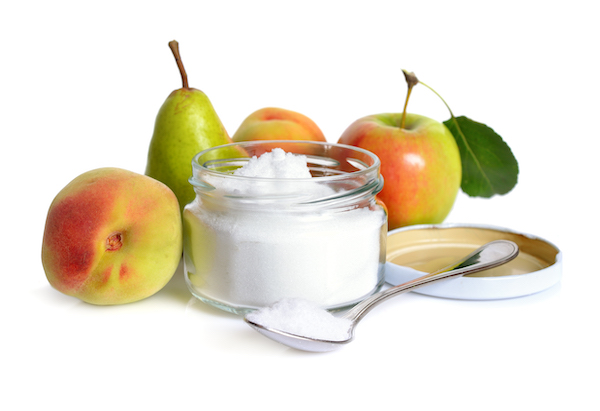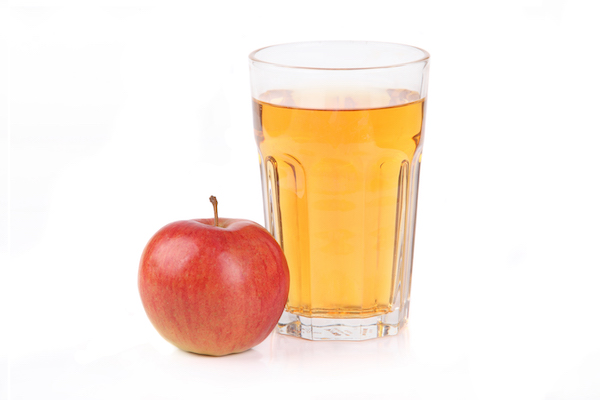
courtesy of beachbodyondemand.com
Nature's Candy: A Closer Look at Fruit Sugar
Fruits, often hailed as nature's candy, are a primary source of sugar in a minimally processed, whole food form. With the rise of low-carb diets, fruits have come under the microscope, raising questions about their sugar content. But are the natural sugars in fruit as concerning as the sugar found in processed foods?
The Sweet Debate: Natural vs. Added Sugar
Contrary to popular belief, experts advise against cutting out fruits from your diet due to their sugar content. The focus, they suggest, should be on reducing added sugars found in products like sodas, energy drinks, and refined snacks. Fruits, with their natural sugars, offer a package of fiber, vitamins, and minerals, making them a nutritionally superior choice. The fiber in fruit helps slow down sugar absorption, aiding in blood sugar control.
Too Much of a Good Thing?
While fruits are beneficial, moderation is key. Overindulgence, particularly for those with a strong sugar addiction or weight loss goals, can lead to consuming excessive sugar. Fructose, the main sugar in fruit, is primarily metabolized by the liver, which can convert excess fructose into fat, potentially leading to health issues like insulin resistance and type 2 diabetes if consumed in large amounts.
Comparing Sugars: Fruit vs. Regular Sugar
The fructose in fruit, which gives it its sweetness, is often compared to sucrose, or table sugar. However, the body processes these sugars differently. Fructose has a lower impact on blood sugar levels than sucrose, making it a preferable option for diabetics. Yet, this doesn't mean it's without its drawbacks, especially in processed forms.
When to Limit Fruit Intake
Not all fruit consumption is created equal. Processed fruit products, like juices and dried fruits, can lack the beneficial fiber of their whole counterparts and lead to quicker sugar consumption. For those concerned about sugar intake, focusing on whole fruits and being mindful of processed fruit products is advisable.
Choosing Your Fruits Wisely
Interested in low-sugar fruit options? Avocados, raspberries, strawberries, and blackberries top the list of fruits with the least sugar, offering a healthier sweet fix. On the other end, mangoes, bananas, and grapes contain higher sugar levels. Understanding the sugar content in fruits can help in making informed dietary choices.
In conclusion, while fruits do contain sugar, their overall nutritional profile and the presence of fiber make them a valuable part of a balanced diet. Moderation and choosing whole, minimally processed fruits over sugary snacks and beverages can help maintain a healthy lifestyle without sacrificing sweetness.

courtesy of beachbodyondemand.com
*** We deeply appreciate our sponsor *** |
| [TAG2]
Image Credit: Patricia Marple / AuthorsUSA.com |
Did you miss our previous article...
https://naturesmart.us/fitness/unlocking-the-mysteries-of-eagle-pose-a-yoga-guide
 HealthWellnessFitnessBeautyVideosPrivacy PolicyTerms And Conditions
HealthWellnessFitnessBeautyVideosPrivacy PolicyTerms And Conditions
